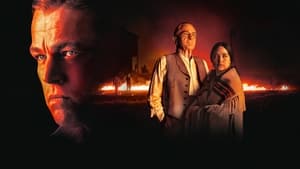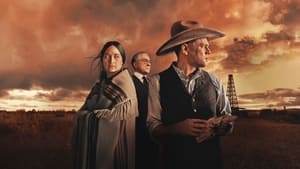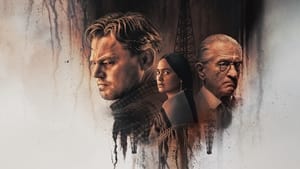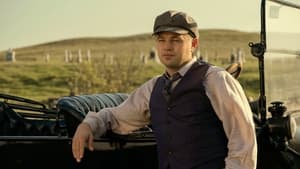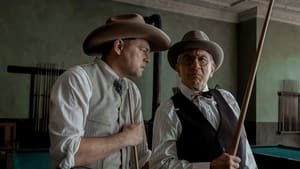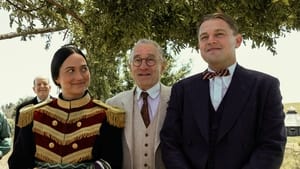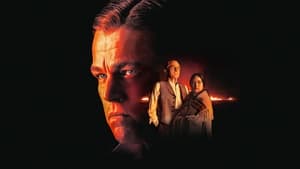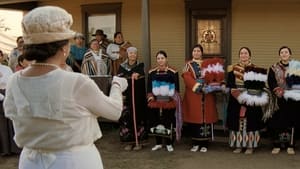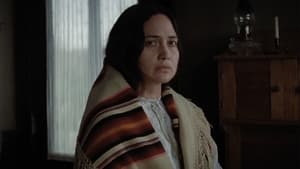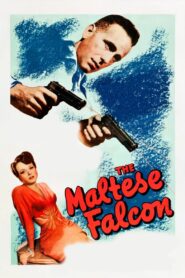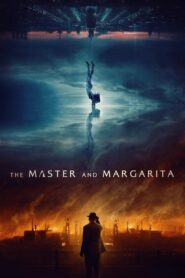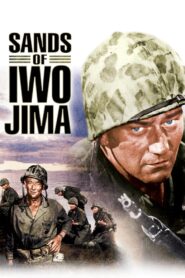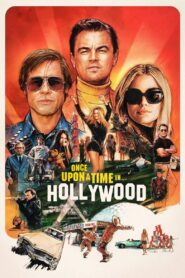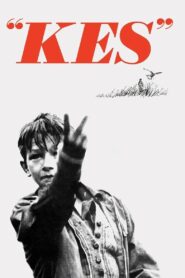
Video Sources 159 Views Report Error
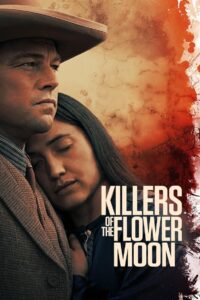
Synopsis
Killers of the Flower Moon: A Masterful Historical Drama Unveiling Evil in Plain Sight
Martin Scorsese’s “Killers of the Flower Moon” is a haunting and ambitious adaptation of David Grann’s non-fiction book. Set against the backdrop of early 20th-century Oklahoma, this historical drama delves into a chilling chapter of American history—the Osage murders.
The Osage Nation’s Sudden Wealth
At the turn of the century, the Osage Nation found themselves unexpectedly wealthy due to oil discoveries on their land. Suddenly, they became the wealthiest group of people in the country per capita. But their newfound prosperity attracted greed and malevolence from those who had previously claimed their territory.
William King Hale: A Kingmaker and a Sociopath
Enter William King Hale (played by Robert De Niro), a cattle baron who manipulates the political landscape to his advantage. Hale is a sociopath who treats murder almost mundanely, issuing orders as casually as ordering a drink at the bar. De Niro’s performance is riveting—a man who looks you in the eyes as he plunges the knife.
Ernest, Mollie, and the Heart of Tragedy
Ernest (Leonardo DiCaprio) returns home from war, ready to be a good soldier for a new cause. He becomes entangled with Mollie (Lily Gladstone), a woman whose family members are murdered one after another. As Mollie’s sister succumbs to “Wasting Disease,” she discovers her own diabetes, making her an easy target for the evil lurking in the region.
A Masterful Balance
Scorsese walks a fine line between telling the specific story of Ernest, Mollie, and Hale and commenting on the larger nature of evil. The wolves in “Killers of the Flower Moon” operate without hesitation, driven solely by profit. The film’s vile behavior remains in plain sight, disturbingly matter-of-fact.
Behind the Scenes Brilliance
Scorsese’s direction, combined with the cinematography of Mátyás Erdély and Richard Reed Parry’s haunting score, creates an immersive experience. The film’s resonance with audiences is a testament to its raw emotion, stellar performances, and unflinching portrayal of a tumultuous era.
Conclusion
“Killers of the Flower Moon” is more than a historical drama—it’s a reflection on the darkness that can thrive when unchecked. As the wolves circle, we’re left contemplating the cost of progress and the evil that can lurk even in the most prosperous of times.
Original title Killers of the Flower Moon
IMDb Rating 7.6 234,822 votes
TMDb Rating 7.495 2,766 votes
Director
Director
Cast
Ernest Burkhart
Mollie Burkhart
William Hale
Tom White
Byron Burkhart
Anna
Reta
Henry Roan
Bill Smith
Kelsie Morrison

